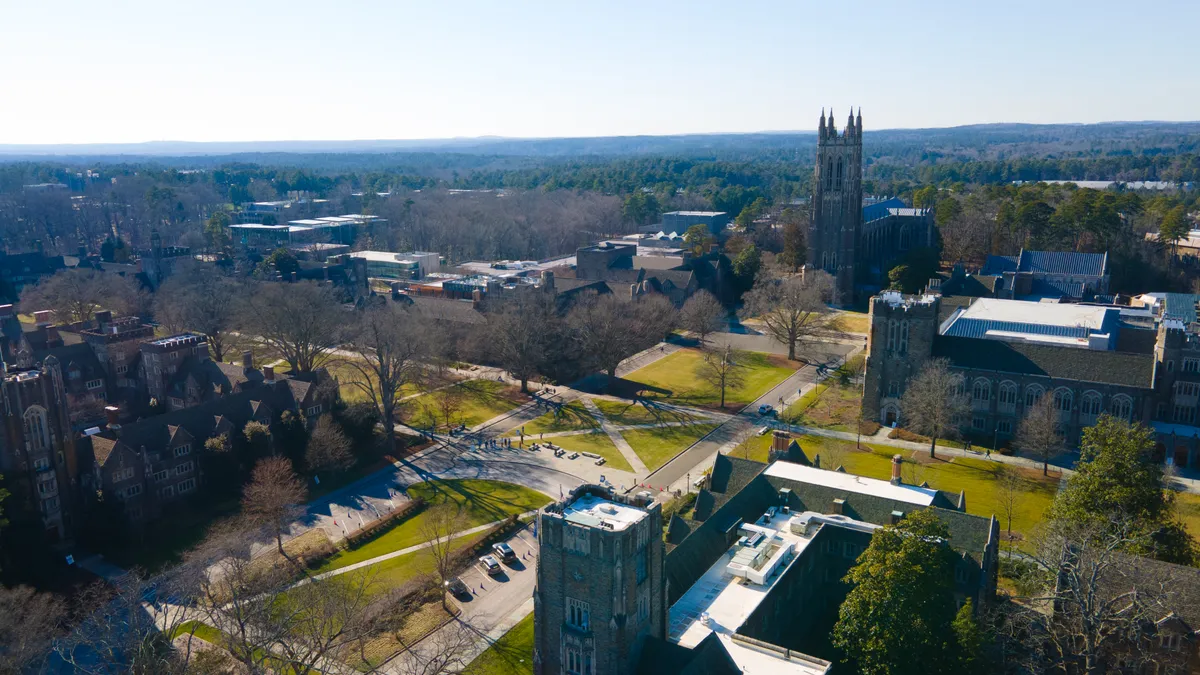Dive Brief:
- A leading young entrepreneur says companies should be more interested in hiring employees who care about their work, want to make a difference and have the specific skills they need for the job rather than those who just possess a certain college degree.
- Stacey Ferreira, who helped found a successful tech company in high school, said in a video interview with Inc. that managers should hire people who have “passion” for work and the specific job even if they don’t necessarily have a college degree in the field — or a degree at all. Ferreira, who has become well known for her entrepreneurial talents and speeches concerning employment trends, also said companies should allow knowledge gained in college to “work alongside” the specific new skills needed in a job.
- Likewise, Ferreirra, who in the past has suggested college isn’t necessary for a successful career, said employers often have to retrain workers with the skills they need anyway.
Dive insight
The concern about the applicability of college training to the workforce's needs is a familiar topic in education and business circles. Researchers for the Gallup-Purdue Index, who have been surveying recent college graduates annually since 2013 and who developed a list of six undergraduate experiences that lead to success in the workforce, report that only about 30% of graduates surveyed strongly agree with that they graduated with the skills and knowledge needed to be successful in the job market, and that only half of current students believe their major will lead to a good job.
The Institute for the Future has developed a list of the five “super skills” it says are necessary for the jobs of the future: A personal brand that defines a person and “sets them apart,” including such things as a social media presence and the advice of a mentor; digital fluency; skill at networking; an ability to be flexible and handle complex problems; and resilience and the ability to turn around negative situations.
Those relate to the skills detailed in a recent report from Pearson and the non-profit Jobs for the Future, which calls for “demand driven education” that will be the third wave of higher education reform. The report noted that business and industry will require sophisticated thinking and interpersonal skills.
It also points to the growing number of shorter-term credential programs and digital badges that recognize obtainment of specific skills. Some tech companies are more often training employees, and community colleges are partnering with employers to develop and align their needs with college offerings.
Georgetown University’s Center on Education and the Workforce has highlighted five initiatives it sees happening to improve that connection, including better structures for colleges to get accurate, up-to-date information about jobs, and change their offerings — all the way down to the curriculum in specific courses that might be outdated or providing less valuable information. The center also said better career path information is needed beginning in middle school and up through college.








